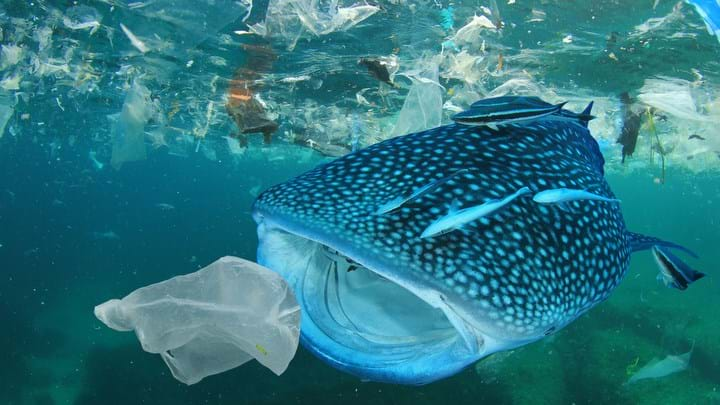Johnson Matthey licenses technology for largest-of-its-kind biodegradable plastics plant
JOHNSON MATTHEY is licensing its butanediol (BDO) process technology for a new plastics plant in Fujian, China, which is said to be the largest of its kind in the world.
Fujian Zhongjing Petrochemical Group is building a plant capable of producing 600,000 t/y of biodegradable polybutylene adipate terephthalate – or PBAT – which is used in compostable packaging. Three separate BDO plants will be built in phases to produce feedstock for the new facility.
Mark Su, president of Greater China at Johnson Matthey, says: “As plastic waste is such an issue, a plastic alternative, such as PBAT, could be one of the best solutions available to tackle plastic pollution.”
From feedstock to BDO
Johnson Matthey says its Davy BDO process uses a single reaction train to produce various rations of 1,4 butanediol, tetrahydrofuran (THF), and gamma butyrolactone (GBL). It uses maleic anhydride as the feedstock, which can be produced by oxidizing butane or benzene.
“Maleic anhydride is esterified using our proprietary reaction column and a solid esterification catalyst to form a di-methyl maleate intermediate ester which is then hydrogenated in the vapour phase to produce a mixture of BDO, THF, and GBL. By varying the operating conditions and catalyst exposure the ratio between BDO and THF can be changed to suit market conditions. The GBL is always produced and can be either recycled or extracted as required,” the company says in its description of the process.
Pressures to reduce plastic pollution

China is the world’s largest plastics producer and has introduced legislation to prevent plastic pollution. A study published last year reported that China produced around 60 m t of plastic waste in 2020 including 20m t of disposable plastic products such as plastic bags and packaging materials which are the country’s main source of plastic pollution. Globally, 238m t of plastic waste was produced in 2020, of which 107m t ended up polluting the environment, according to data published by the United Nations Environment Programme.
Earlier this month, delegates from 169 countries including China met in France for a second session to develop an international legally-binding treaty on plastic pollution with negotiations expected to be finalised by the end of 2024.
Inger Andersen, executive director of UNEP, said she was encouraged by the progress of the negotiations.
“Plastic has been the default option in design for too long. It is time to redesign products to use less plastic, particularly unnecessary and problematic plastics, to redesign product packaging and shipping to use less plastic, to redesign systems and products for reuse and recyclability, and to redesign the broader system for justice,” she said.
Recent Editions
Catch up on the latest news, views and jobs from The Chemical Engineer. Below are the four latest issues. View a wider selection of the archive from within the Magazine section of this site.




